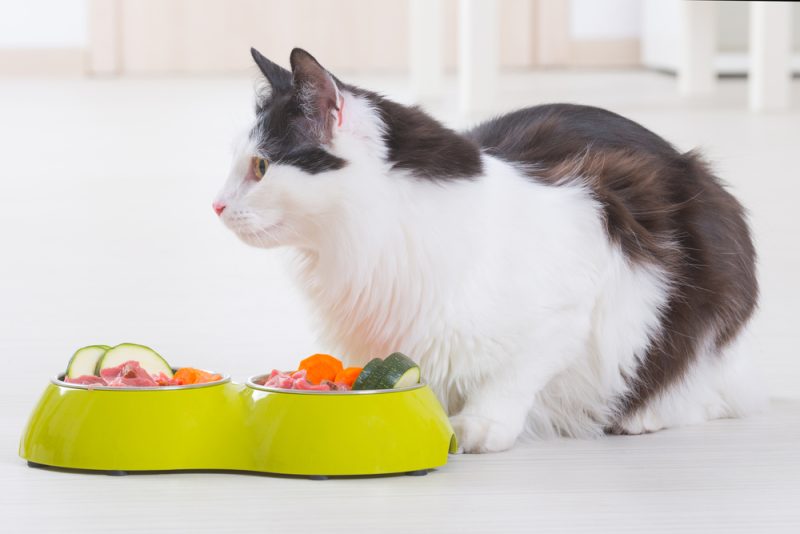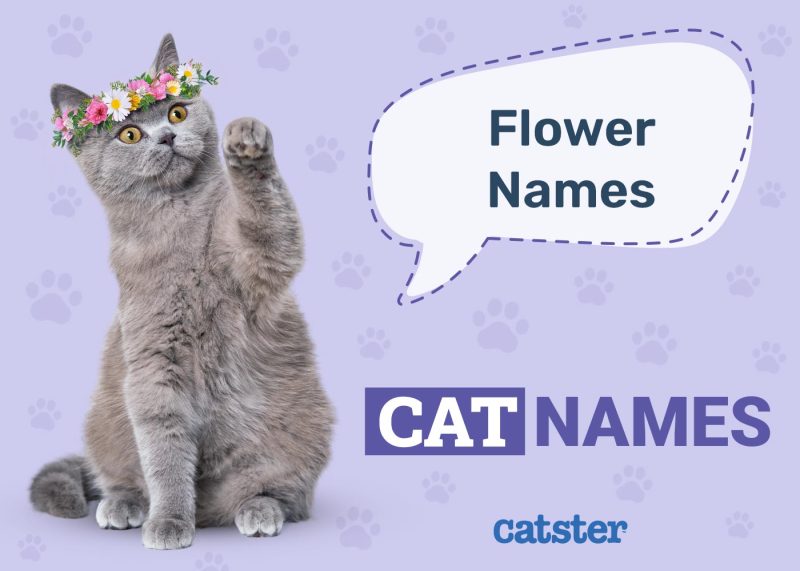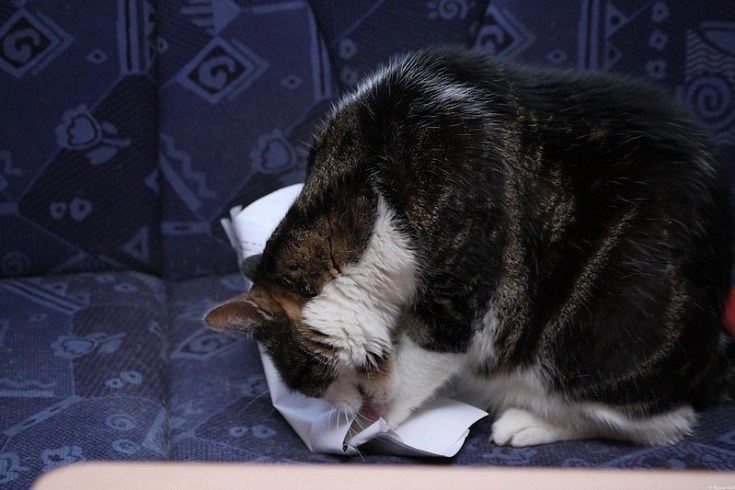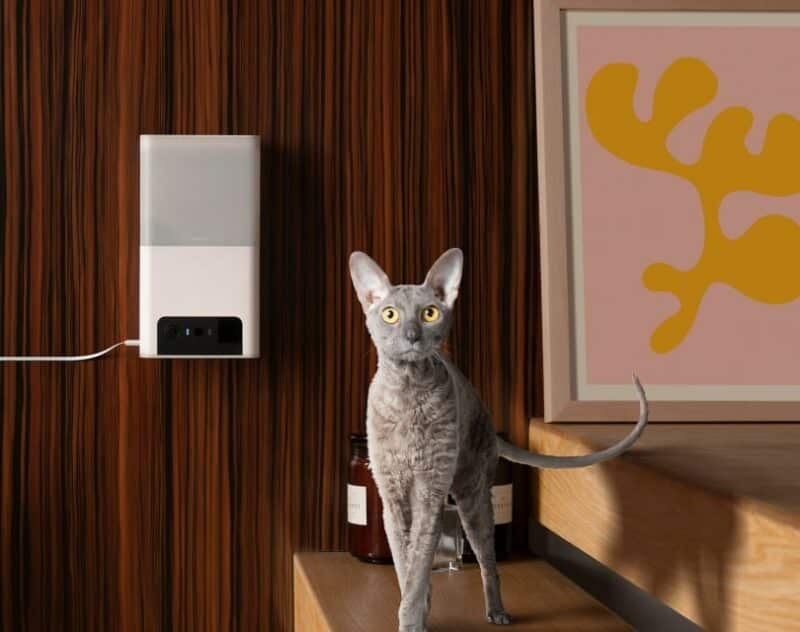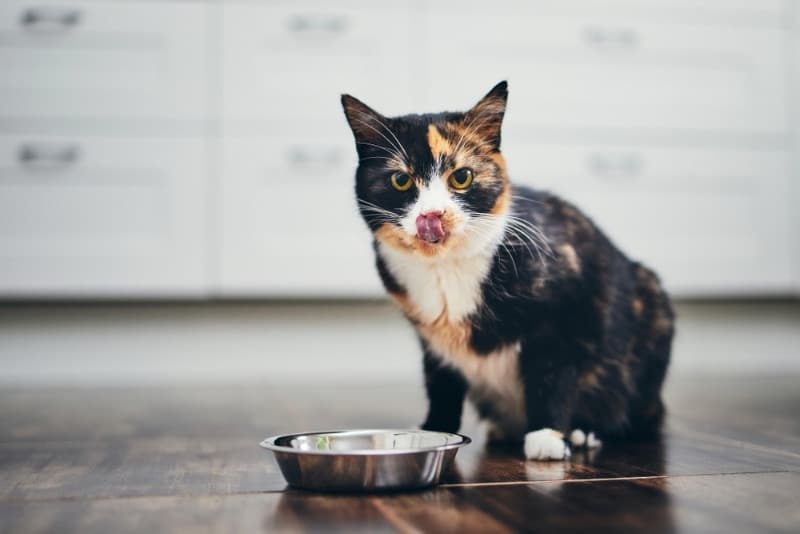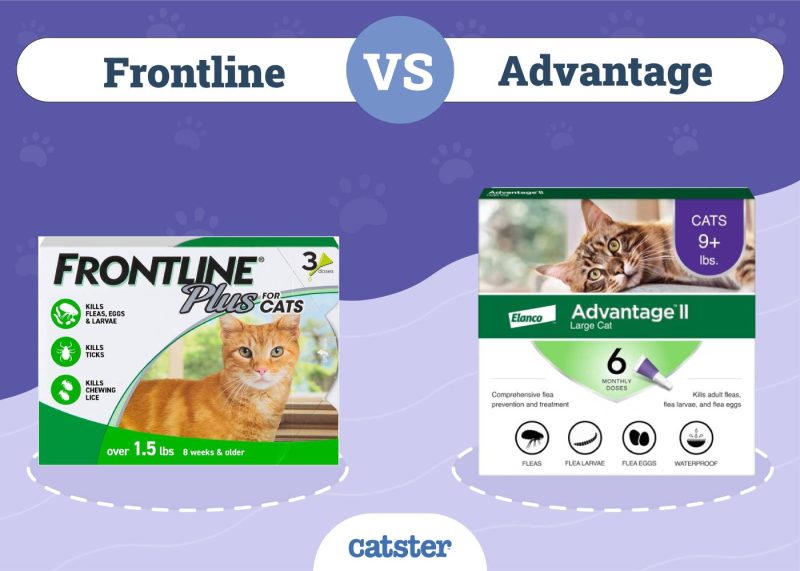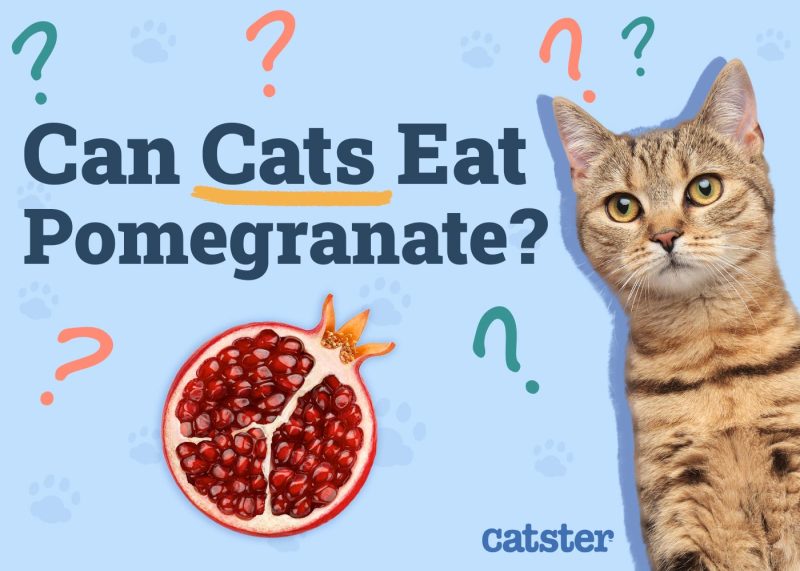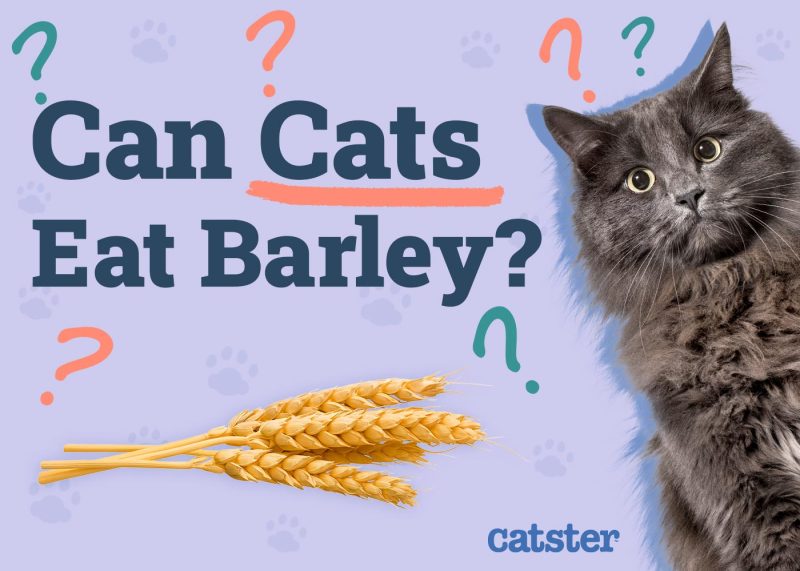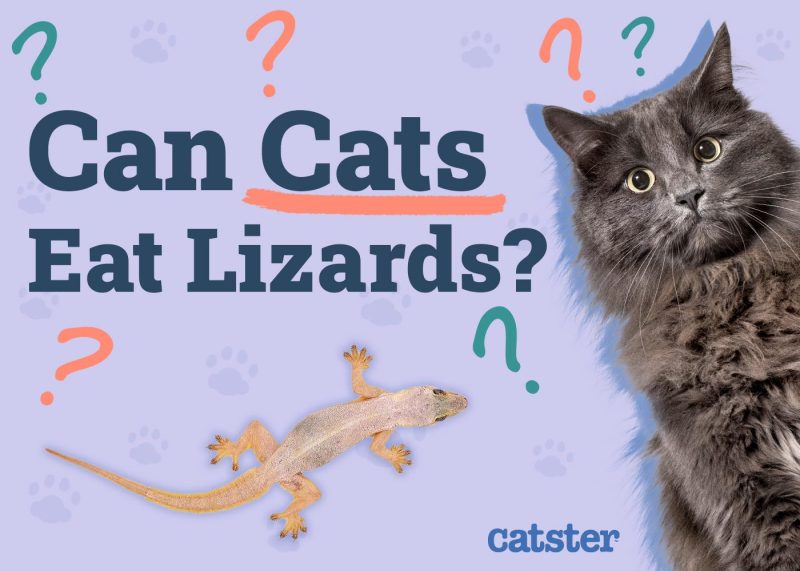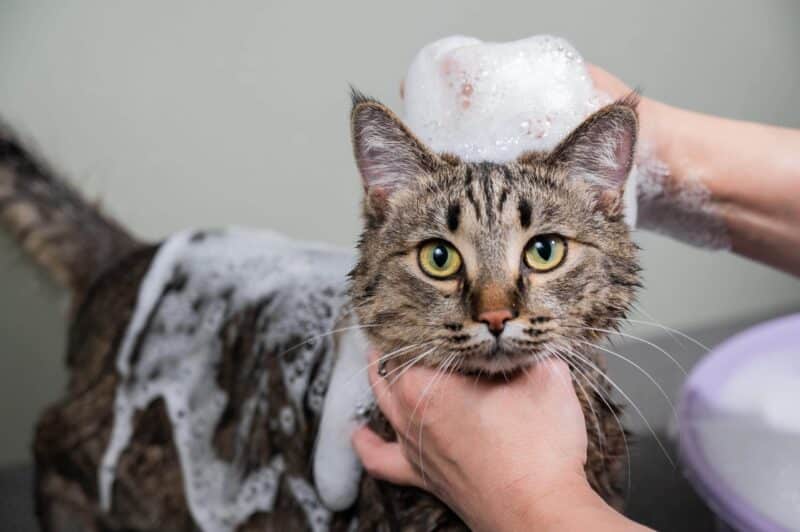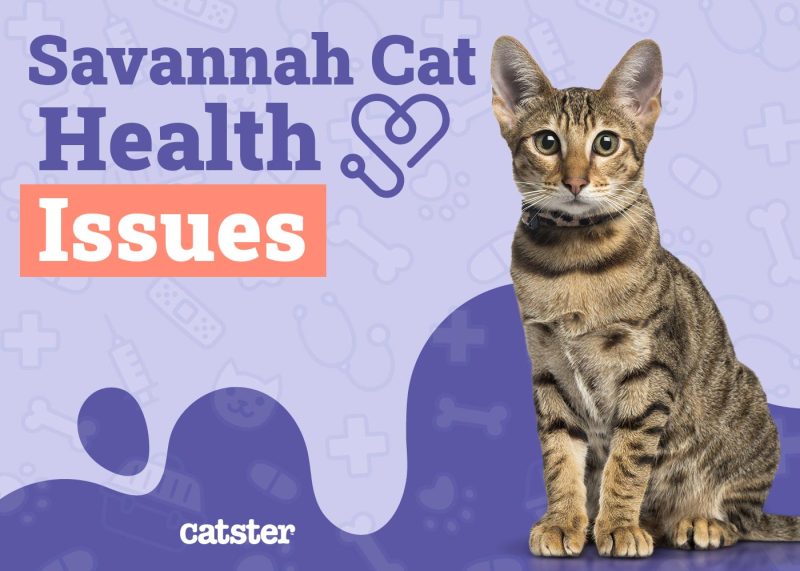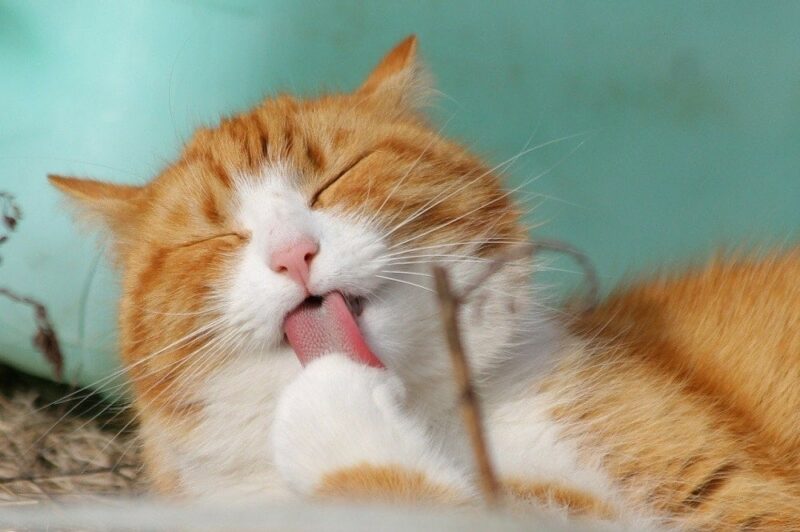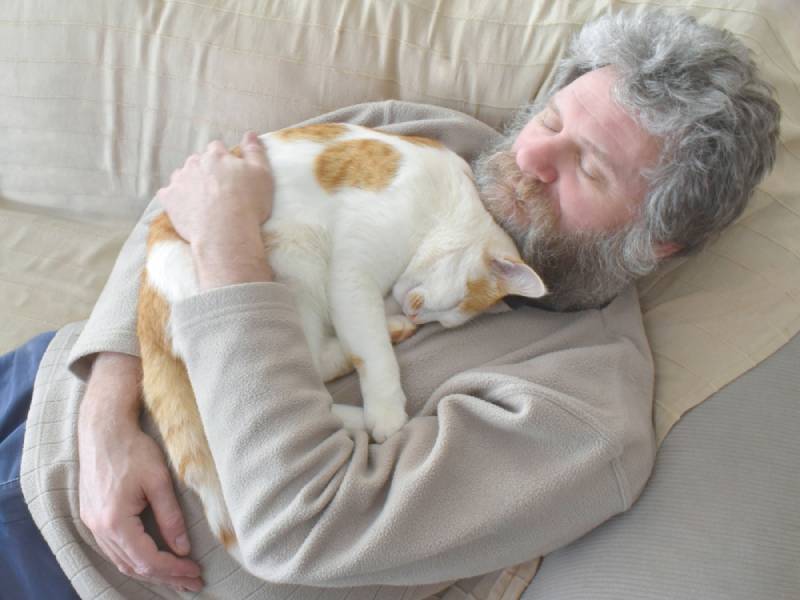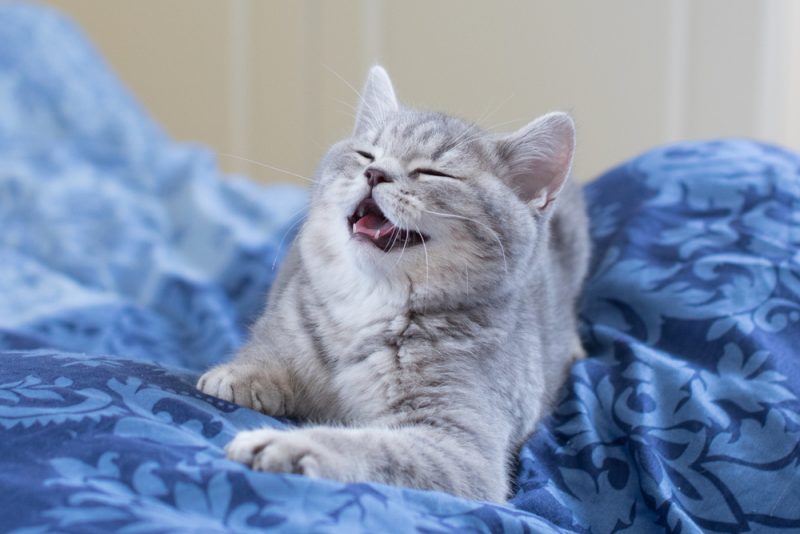Cats tend to be fond of food, so if your cat suddenly stops eating, it’s common to feel that something terrible is wrong with them. And there are some cases where your cat isn’t eating because they aren’t feeling well. However, there are also cases where your cat isn’t eating for other less concerning reasons.
Here are 13 possible reasons your favorite feline has suddenly stopped eating and what you should do to get them eating normally again. Some of these reasons require a trip to the vet, but others are relatively easy to fix. Keep reading and learn everything you should know about why your pet isn’t eating!

The 13 Reasons Why My Cat Has Suddenly Stopped Eating
1. Dislike of Food
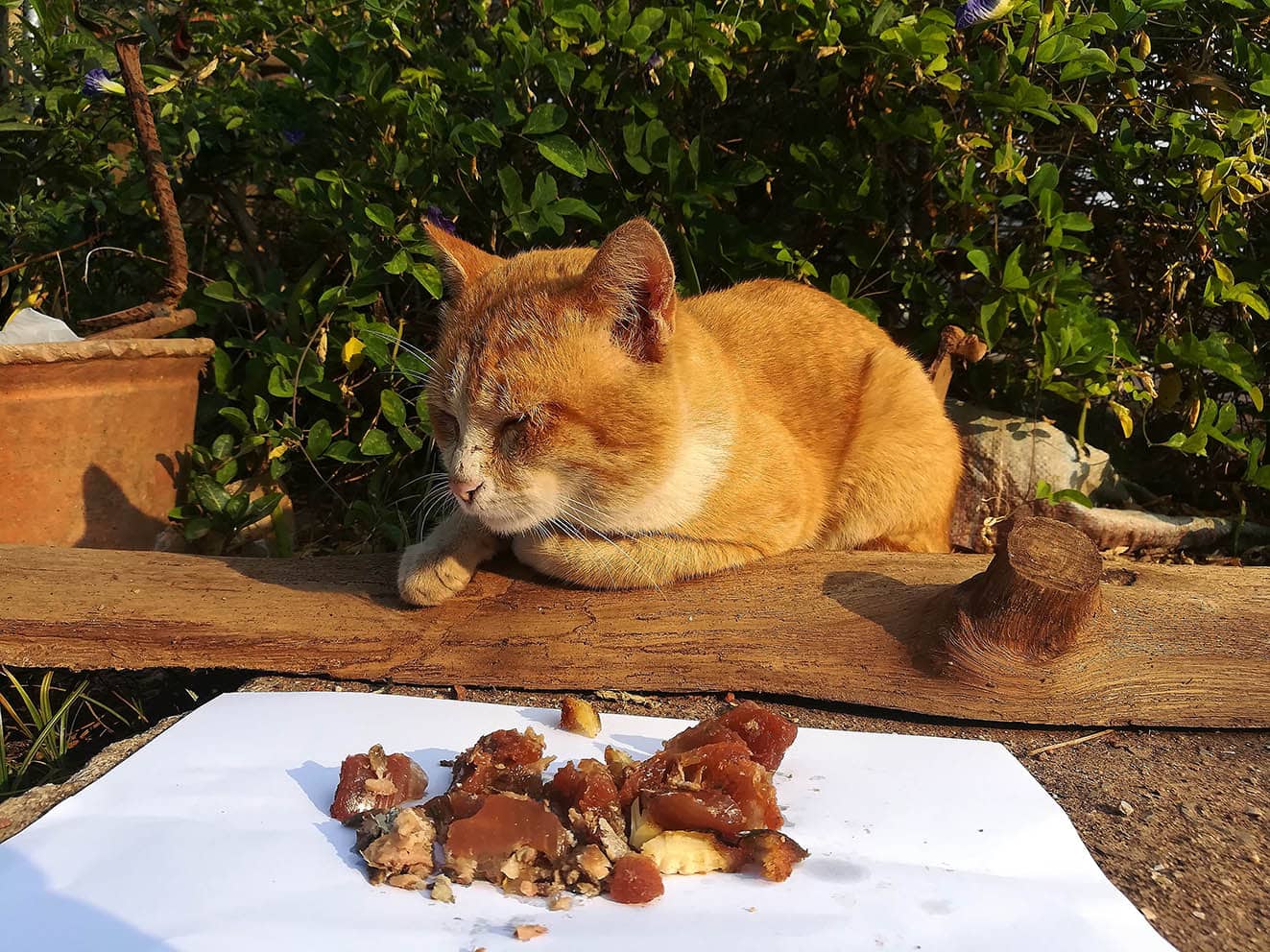
Felines can be picky eaters just like people. Plus, they are creatures of habit. So, if you’ve recently switched your cat’s brand of food or changed from wet to dry food (or vice versa) and your pet stops eating, chances are they don’t like the new food. If you think this could be the reason your kitty has gone on a hunger strike, try giving them some of their old food. If your pet eats it, you’ll know they’re just being finicky.
Also, keep in mind that when switching cat foods, you should do a slow replacement. That means mixing in old food with the new, then slowly decreasing the amount of old food in the mix to help your cat get used to it. This also helps prevent stomach upset!
2. Spoiled Food
If your cat isn’t eating, it might be because the food you gave them has gone bad or expired. It’s easier to tell if this is the case when it’s wet cat food, as with dry cat food, it can be hard to notice that it’s gone stale and rancid. If you think your pet’s food has spoiled, check the expiration date and get a good whiff of it to see if it smells bad. Also, double-check whether anything, such as mold, is growing on it or if bugs have gotten into the food. If spoilage is the issue, replacing the food should get your pet back on track with eating.
3. Getting Food Elsewhere
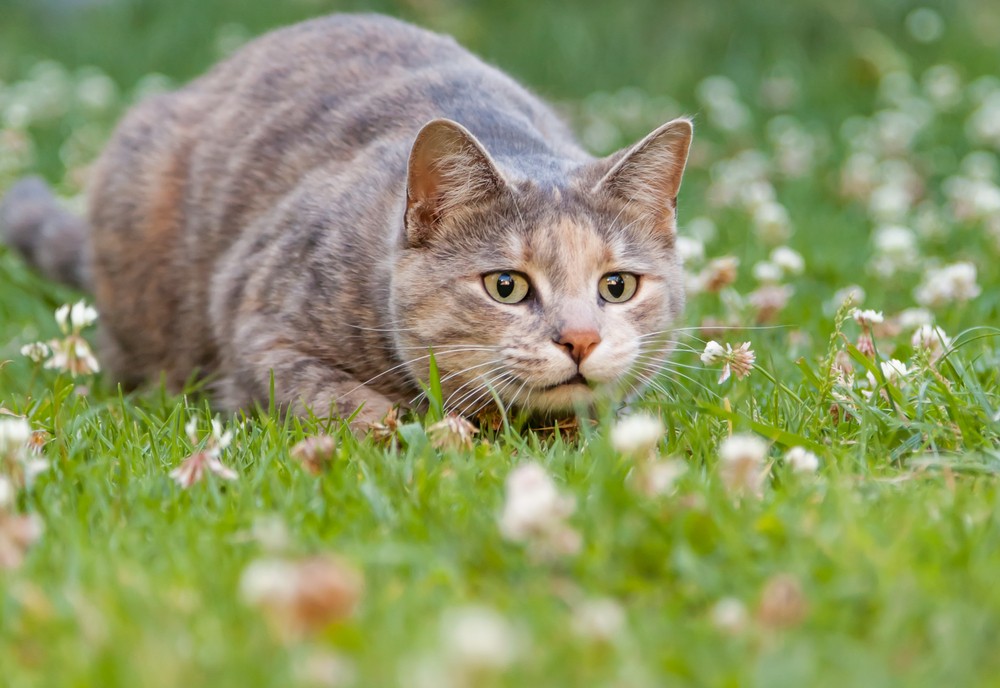
This really only applies to outside kitties (unless your inside cat is a sneaky thief who gets into food when it shouldn’t), but your pet may simply be getting fed somewhere other than home. If your pet likes to wander the neighborhood, you might want to check in with your neighbors to see if they’ve been slipping kitty treats or food. And, if they have, asking them kindly to not feed your cat should do the trick of getting them to eat at home again.
4. Feeling Unsafe
Where our feline friends eat can affect how much they eat. Cats are particular about where their food is. For example, it shouldn’t be set too close to the litter box. Your pet’s food bowl also shouldn’t be placed right next to a wall, as some kitties don’t want to eat with their backs facing a room. Other reasons for not eating due to feeling unsafe could be that the water bowl is too close to the food bowl, or your cat is intimidated by other pets in the home at feeding time.
Luckily, these issues are easily fixed by placing your cat’s food and water bowls in a quieter area of the house where they can see the room while they eat and by feeding them separately from other animals if necessary.
5. Food Aversion
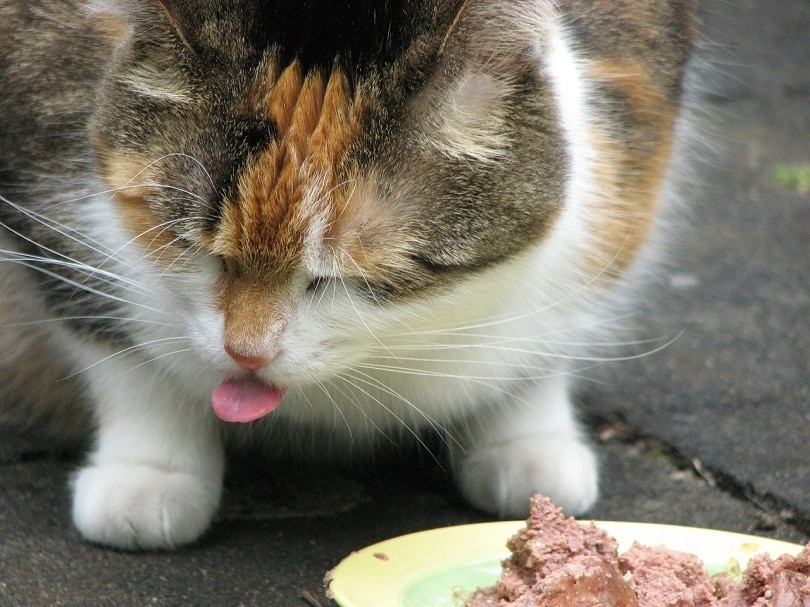
Before they stopped eating, had your cat gone through being boarded or had a stay at the hospital? Then the issue could be food aversion. Some cats will associate certain foods with unpleasant experiences and then refuse to eat them. If food aversion is the issue, you’ll have to do some trial and error to determine what your pet is now willing to eat.
6. Recent Vaccination
Although vaccines are a good thing, they can occasionally cause side effects. One of these may be a loss of appetite. So, if you take your kitty in for routine vaccinations and don’t feel like eating the rest of the day, this isn’t out of the norm. Rest assured, not eating, in this case, is temporary and shouldn’t last long. If it does last longer than a day or so, another problem could be at play.
7. Change & Stress
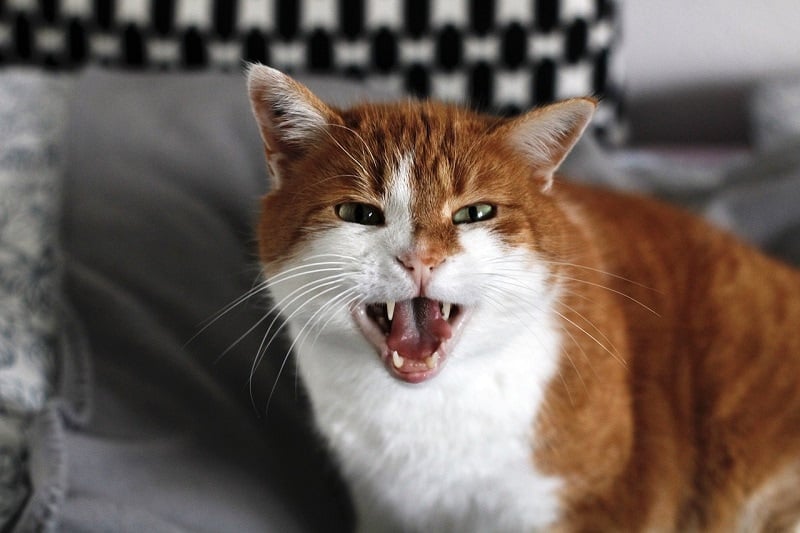
As we said before, felines are creatures of habit, so they aren’t thrilled when changes occur. If your pet has experienced recent changes, such as a new pet or person coming into the home, work being done on your house, or a lot of visitors hanging about, they could easily become stressed. This stress can lead to a loss of appetite, as well as behaviors such as hiding, sleeping more, or aggression.
If you think your cat is stressed out, you can try to help it cope with any changes happening by making a safe space for it out of the way of everything and everybody. You might also try pheromone sprays to help keep it calmer. However, if your pet continues to be stressed out, a visit to the vet may be necessary.
8. Dental Disease
Dental disease is possibly the most common health issue cats face and could be a factor why your cat isn’t eating. In fact, over half of felines aged three and up experience dental disease of some kind. This could include everything from gingivitis, periodontal disease, fractured teeth, inflammation, and more. And if dental disease is an issue, your cat might be having trouble eating because of pain or discomfort. So, if your pet has stopped eating suddenly, checking their teeth and mouth is a good place to start looking for issues. If you see something odd, get the kitty to a vet right away to have the problem fixed.
9. Foreign Objects in the Mouth or Body
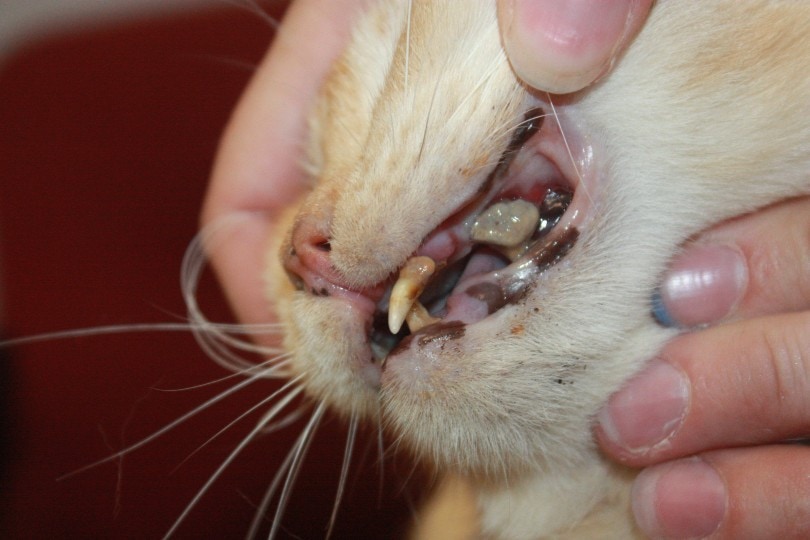
Cats are notorious for eating stuff they shouldn’t (string, plants, people food, etc.), and sometimes those things they aren’t supposed to eat end up lodged in between teeth or stuck somewhere in the gastrointestinal system. If your pet has something stuck in its teeth or mouth, it likely hurts to eat. And if they have an obstruction in the gastrointestinal system, food probably can’t pass through, resulting in vomiting, dehydration, and a lack of eating.
If you know (or even suspect) that your pet has eaten something they shouldn’t have, and that thing is lodged in your pet’s mouth or GI tract, you’ll want to plan a trip to the vet immediately.
10. Digestive Issues
Your favorite feline is no different than you when it comes to an upset stomach or other digestive issues. You don’t want to eat when dealing with a digestive problem, and kitty is the same. Cats that are nauseous, throwing up, or suffering from diarrhea probably won’t look twice at their food. Thankfully, this sort of issue should pass in a couple of days. If it does not and your cat still seems ill, they will need to see the vet, as the problem could be something more serious than an upset stomach, such as pancreatitis or inflammatory bowel disease.
11. Respiratory Issues
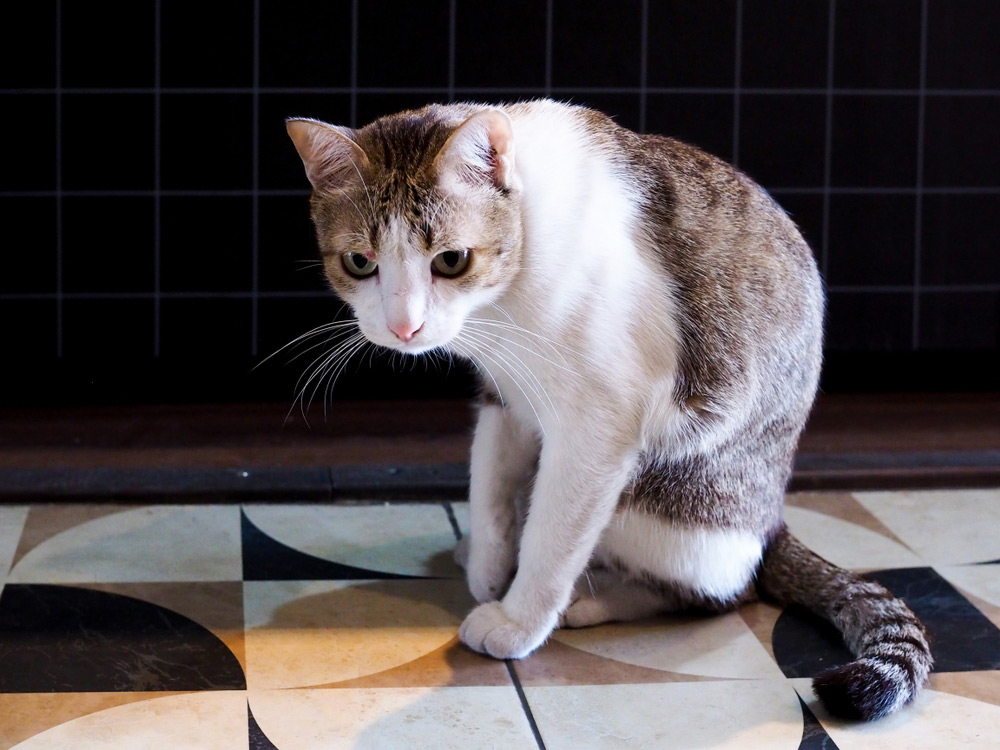
Upper respiratory issues aren’t uncommon in cats and can cause our pets to ignore food. This is because these sorts of problems tend to involve fatigue, congestion, and fever—none of which is conducive to enjoying food. So, if you see that your feline is dealing with eye discharge, sneezing, or a runny nose, visit your vet so they can treat the illness and get kitty feeling better and back on track!
12. Illness
If you don’t think any of the above is why your cat has suddenly stopped eating, the cause may be another illness. There are several that can cause loss of appetite, including kidney disease, diabetes, hyperthyroidism, and congestive heart failure. If you see signs of illness in your cat, such as lethargy, unusual bathroom habits, increased sleep, weight loss, or hiding, on top of a loss of appetite, get your cat to the vet sooner rather than later as something serious could be going on.
If you need to speak with a vet but can't get to one, head over to PangoVet. It's an online service where you can talk to a vet online and get the advice you need for your pet — all at an affordable price!

13. End of Life
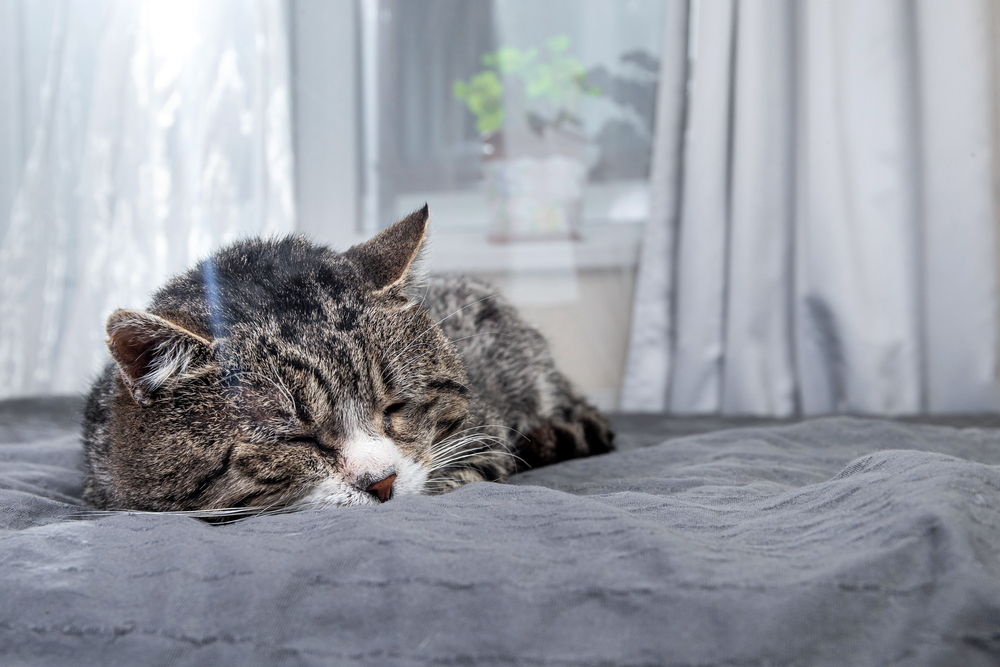
Unfortunately, one reason we need to consider is when a cat is dying. Whether it’s due to illness or old age, if a cat’s organ function starts to fail, their appetite will soon follow. Although a normal appetite doesn’t necessarily mean that everything is fine, a loss of appetite in an elderly or unwell cat must always be taken seriously.
Even if old age is the suspect, we strongly recommend a check up with the vet to ensure they are not in pain, feeling sick, or suffering. Your vet will also be able to help you decide on the best options for palliation, appetite stimulation, and end of life care.
We all wish our cats could live forever, but one of the biggest responsibilities and gifts we have as pet owners is to ensure our cats do not suffer, which they will often do in silence.

Conclusion
There are several reasons your cat might stop eating all of a sudden, and these reasons can range from those that are not a huge deal to those that are extremely serious. Even if your pet isn’t eating because it’s being picky about their food, you need to get them eating again as soon as you’re able to avoid health problems.
Luckily, in most cases of your cat is not eating, there are things that can be done that will have them back on track, including changing the position of the food bowl, helping your pet destress, or a visit to the vet. Just keep an eye on your kitty’s eating habits so you know immediately if an issue arises!
See also:
- Do Cats Eat Less in Summer? Vet-Approved Seasonal Feeding Guide
- My Cat Is Eating Slower Than Usual, What’s Wrong? Vet Verified
Featured Image Credit: Monika Wisniewska, Shutterstock
